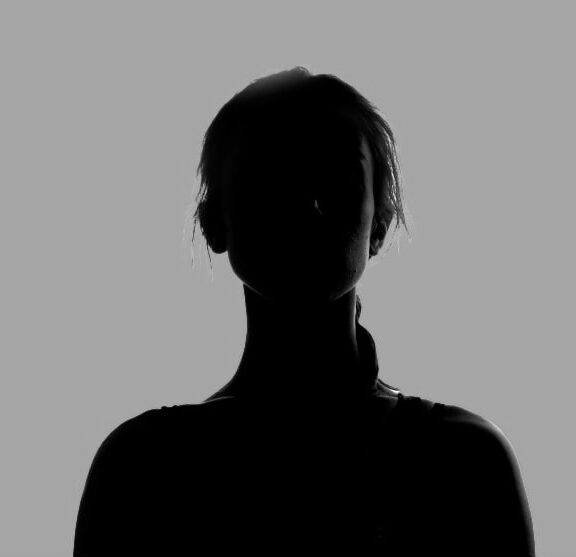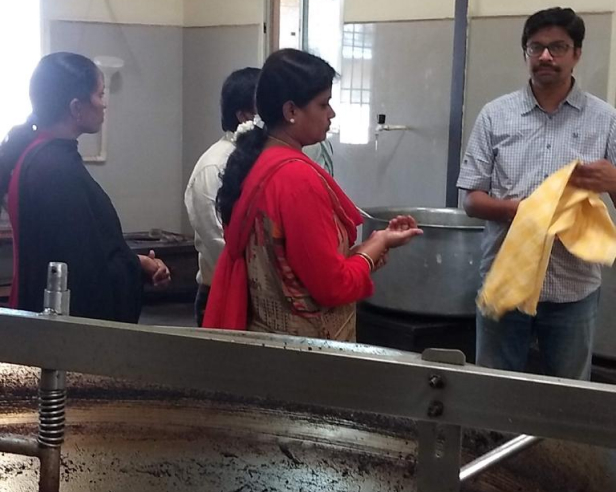Join Interactive Courses and Achieve Learning Outcomes
Prabhashanam
Founded & Conceptualized by Dr. Ranjani Karthik Pandit
Program director: Dr. Ranjani Karthik
Title of program: S N Pandit Prabhashanam
Level of program: Certificate
Student admission criteria:
Students of AYUSH systems
AYUSH graduates and post graduates


Meet Our Faculty

Dr. Ranjani Karthik
BAMS, MD

Dr. Karthik Pandit
BAMS, MTech

Dr. Priyanka Shandilya
BAMS, MD

Dr. Srivatsa
BAMS, MD
Dr. Aprameya Raman
BAMS, MD
Dr. Ashok D Satpute
BA MS MB
Dr. Shubhshree
MBBS MD DNB
Dr. Shweta Padaki
MBBS DNB
Ayurvedic Conceptual and Diagnostic Skills
- A comprehensive course focused on the core principles of Ayurveda. The course covers various treatments, inputs of the conventional system of medicine in day-to-day clinical practice, and experiential case studies.
Course Fees : Rs. 10,000/- + 1800/- GST
Course Code : SNPP-TDU01
Credits : 2
Module 1: Ayurveda Siddhanta
- Critical analysis of basic principles of Ayurveda
- Applied aspects of dosha dhatu and mala
- Importance of kala shareera
- Importance of sara lakshanas
- Applied aspects of concepts of Agni
- Oushadha sevana kala and its importance/ Drug delivery system in Ayurveda
Module 2: Concepts of Conventional system
- Inputs on conventional perspectives of common clinical conditions encountered in practice( PCOS, hypothyroidism, infertility, obesity, DUB, menorrhagia, diabetes, hypertension etc)
- Inputs on commonly encountered Bone and joint disorders in clinical practice
- Clinical approach and analysis of few of the laboratory investigations
Module 3: Hridroga
- Hridroga in ayurveda
- Analysis of current day cardiac ailments in ayurveda
Module 4: Case studies
- Case studies and analysis
Applications of Dravya guna and Panchakarma concepts in Ayurveda clinical practice
- A course inclined towards clinical practice focused on Samhita-based analysis, herbs, panchakarma, and more. One can also learn about inputs for technical writing, legal bindings, and protection.
Course Fees : Rs. 10,000/- + 1800/- GST
Course Code : SNPP-TDU02
Credits : 2
Module 1: Introspection of Samhita
- Inputs of Vimana Sthana of Charaka Samhita for diagnosis and treatment
- Simple ayurvedic formulations and its usage
Module 2: Applied aspects of Panchakarma in day-to-day clinical practice
- Application of core concepts of Pancha karma chikitsa in clinical practice
- Adopting pancha karma in at OPD level.
- Basic infrastructure required for Panchakarma therapies
Module 3: Propagation techniques of herbal garden and its application
- Applied aspects of dravya guna
- Identification of common herbs used in practice
- Maintenance of a herbal garden (pot herbs)
- Importance of Eka moolika prayoga and its applications in clinical practice
Module 4: Research and Regulations in Ayurvedic clinical Practice
- Ayurvedic research and scientific writing
- Medicolegal aspects of clinical practice
Practical aspects of Panchakarma and pharmaceutical skills training program
- The practical course gives a hands-on learning experience with industry visits to learn medicine preparation and therapeutic panchakarma practices.
Course Fees : Rs. 10,000/- + 1800/- GST
Course Code : SNPP-TDU03
Credits : 2
Competency based assessment
EXERCISES
Exercises are in the form of multiple-choice questions or fill in the blanks, at the end of a classroom or topic, that will help participants to self -assess what they have learned in the previous classes.
These activities are not tutor graded however, tutor feedback will be given. Participants need to score 70% in exercises to proceed to the next class.
LEARNING TASKS
Learning tasks are activities that enable the student to apply the concepts learned in the classroom and require them to do an activity and submit results. Feedback is given but it is not always scored.
ASSIGNMENTS
Assignment is based on application of knowledge and is always graded.
Opportunities for persons who complete this program
As the course is targeted to Ayurveda graduates, the course will improve the professional knowledge and skills of the participants who are intended to go for Ayurveda practice.


Evaluation of the course at S N Pandit groups
The course was initially peer reviewed by experts internal and external to S N Pandit groups at the time of developing the courses. While pilot testing the courses with the initial batch of students, few Ayurveda experts also audited the courses.
Feedback mechanism
There is two-way communication between the student and the tutor guiding throughout the course. At the end of each module a participant can give feedback regarding delivery or content. Throughout the course the tutor is in constant touch with the participants to guide them on the progress. The course coordinator gives detailed feedback to the assignments that are submitted by the participants. Tutor analyses each exercise and provides feedback and support as required.

